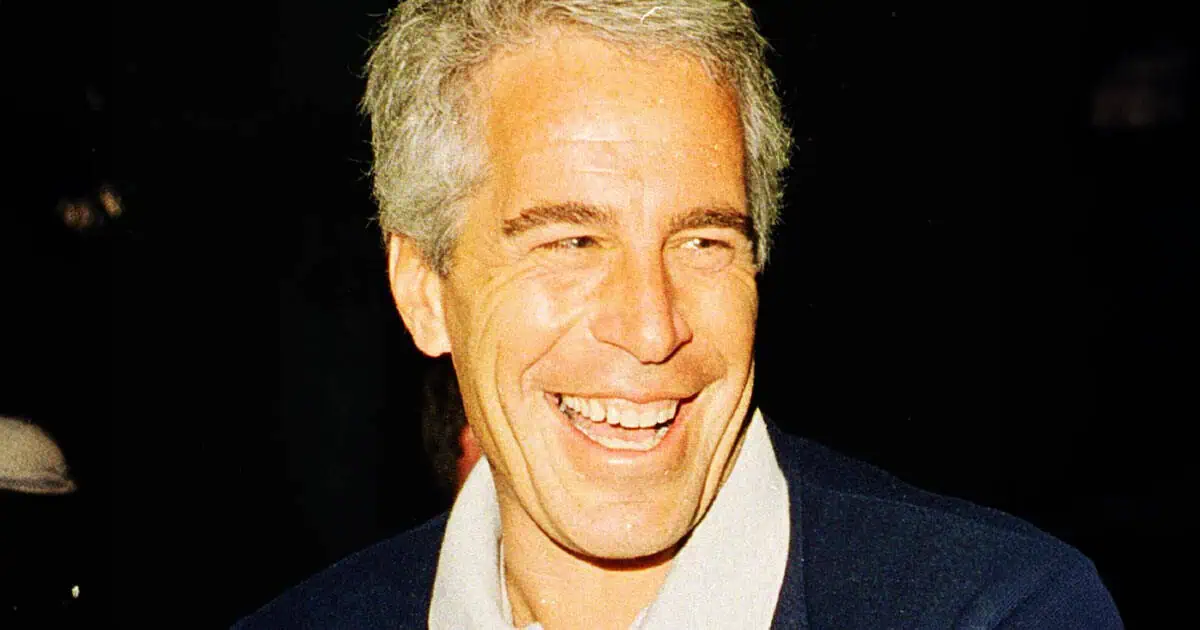Newly released documents from the House Oversight Committee are pulling back the curtain on Jeffrey Epstein’s shadowy world.
The details are as murky as a swamp on a moonless night.
The committee dropped a bombshell release of flight manifests from Epstein’s private jet alongside a transcript of a late September interview with former U.S. Attorney Alex Acosta.
Acosta brokered the infamous 2008 plea deal for the disgraced financier, Fox News reported.
In 2008, Acosta, then-U.S. Attorney for the Southern District of Florida, negotiated a deal that saw Epstein serve just 13 months in jail, register as a sex offender, and pay restitution to victims instead of facing federal charges.
However, Epstein was granted work release and only spent nights in prison.
During these work release periods, Epstein was able to continue abusing victims.
Acosta claimed the case had serious flaws, with many victims unwilling to testify and others offering inconsistent accounts, which could have torpedoed a trial.
“Many victims refused to testify. Many victims had changing stories,” Acosta told the committee, painting a picture of a prosecution on shaky ground.
Yet, while Acosta’s concerns about a weak case may hold water, it’s hard to ignore how this deal let a billionaire skirt the full weight of justice, sending a troubling message about who gets a pass in our system.
Fast forward to the latest release, and those flight manifests are raising eyebrows with names like Prince Andrew, Bill Gates, Walter Cronkite, Richard Branson, and even former President Bill Clinton, who flew multiple times, including a 2002 trip with Secret Service in tow.
The optics aren’t great as they reveal powerful elites hobnobbing with a predator like Epstein.
The issue has long been fueling public skepticism about elite circles and their accountability, a concern that resonates deeply with those fed up with two-tiered justice.
During the interview, Acosta didn’t shy away from defending his 2008 decision.
He argues it was better than the alternative of Epstein walking free, which he claimed Florida’s state attorney was ready to allow.
“Simply put, the Palm Beach state attorney’s office was ready to let Epstein walk free, no jail time,” Acosta insisted, framing his plea deal as a necessary compromise to ensure some punishment.
Call it pragmatism or a cop-out, but Acosta’s stance highlights a frustrating reality: sometimes the system’s flaws force prosecutors into deals that leave a bitter taste, especially when a billionaire’s resources can tilt the scales.
Acosta also took a swipe at Epstein’s defense team.
He is alleging they danced dangerously close to unethical behavior, though he emphasized he pushed back against their tactics.
Looking back as U.S. Secretary of Labor in 2019, Acosta acknowledged the cultural shift in how victims are treated, admitting that today’s standards might have led to a different outcome in handling such a high-profile case.
While it’s refreshing to hear some reflection, it’s cold comfort for those who see the Epstein saga as a glaring example of how wealth and influence can undermine justice, a sentiment that fuels distrust in institutions and skepticism of progressive narratives about systemic fairness.
READ MORE – Prince Andrew Forced to Give Up Royal Titles, Including ‘Duke of York’

Our comment section is restricted to members of the Slay News community only.
To join, create a free account HERE.
If you are already a member, log in HERE.